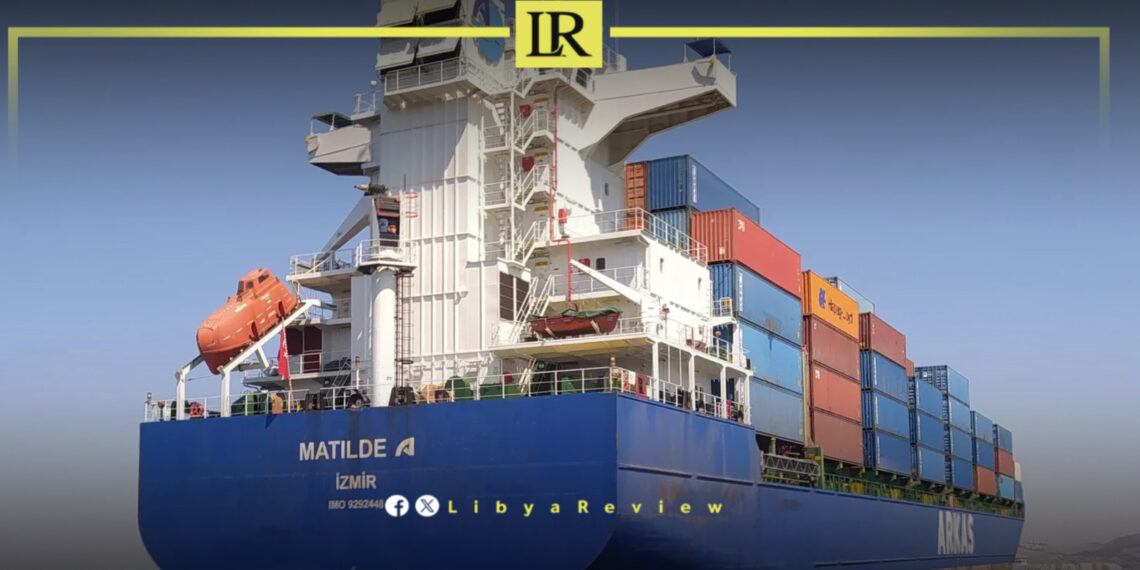Turkey has once again rejected a European Union (EU) request to inspect a ship bound for Libya, intensifying tensions over Ankara’s alleged violations of the UN arms embargo.
The EU’s “Operation Irini,” launched in 2020 to enforce the embargo under UN Security Council resolutions, has repeatedly faced resistance from Turkey, which is accused of smuggling weapons to Libya’s western government.
Turkey has blocked the inspection of 12 ships suspected of carrying arms to the Tripoli-based Government of National Unity (GNU), led by Abdul Hamid Dbaia.
Turkey has long argued that Operation Irini unfairly targets its shipments while ignoring arms deliveries to other factions. However, the EU claims that Ankara’s refusal to comply undermines international efforts to stabilize Libya. According to reports, Turkey has consistently supported the GNU with weapons and military personnel, despite international calls for the withdrawal of foreign forces.
Operation Irini and other international monitoring efforts have flagged multiple violations of the embargo, citing Turkey’s involvement in shipping arms, and military equipment, and even recruiting mercenaries for deployment in Libya.
UN reports have accused Turkey of facilitating smuggling operations and using oil exports from Libya to fund illicit arms sales.
Since signing a military cooperation agreement with Libya’s former Government of National Accord (GNA) in 2019, Turkey has entrenched its military presence in the country.
Despite the 2020 ceasefire and international demands for foreign troops and mercenaries to leave, Turkey has refused, claiming its military presence is legitimate under the agreement.
This ongoing standoff between the EU and Turkey highlights the broader geopolitical struggle for influence in Libya.
Turkey’s refusal to allow ship inspections, its continued military support for the GNU, and its alleged role in arms trafficking contribute to ongoing instability in Libya, undermining peace efforts and reinforcing concerns about Ankara’s disregard for international law.
Turkey’s military influence in Libya extends beyond troop deployments. Ankara controls several key military bases in western Libya, including land, sea, and air installations, solidifying its strategic foothold in the region.
This has complicated efforts to stabilize Libya, as Turkey’s involvement remains a significant factor in the country’s fractured political landscape.


